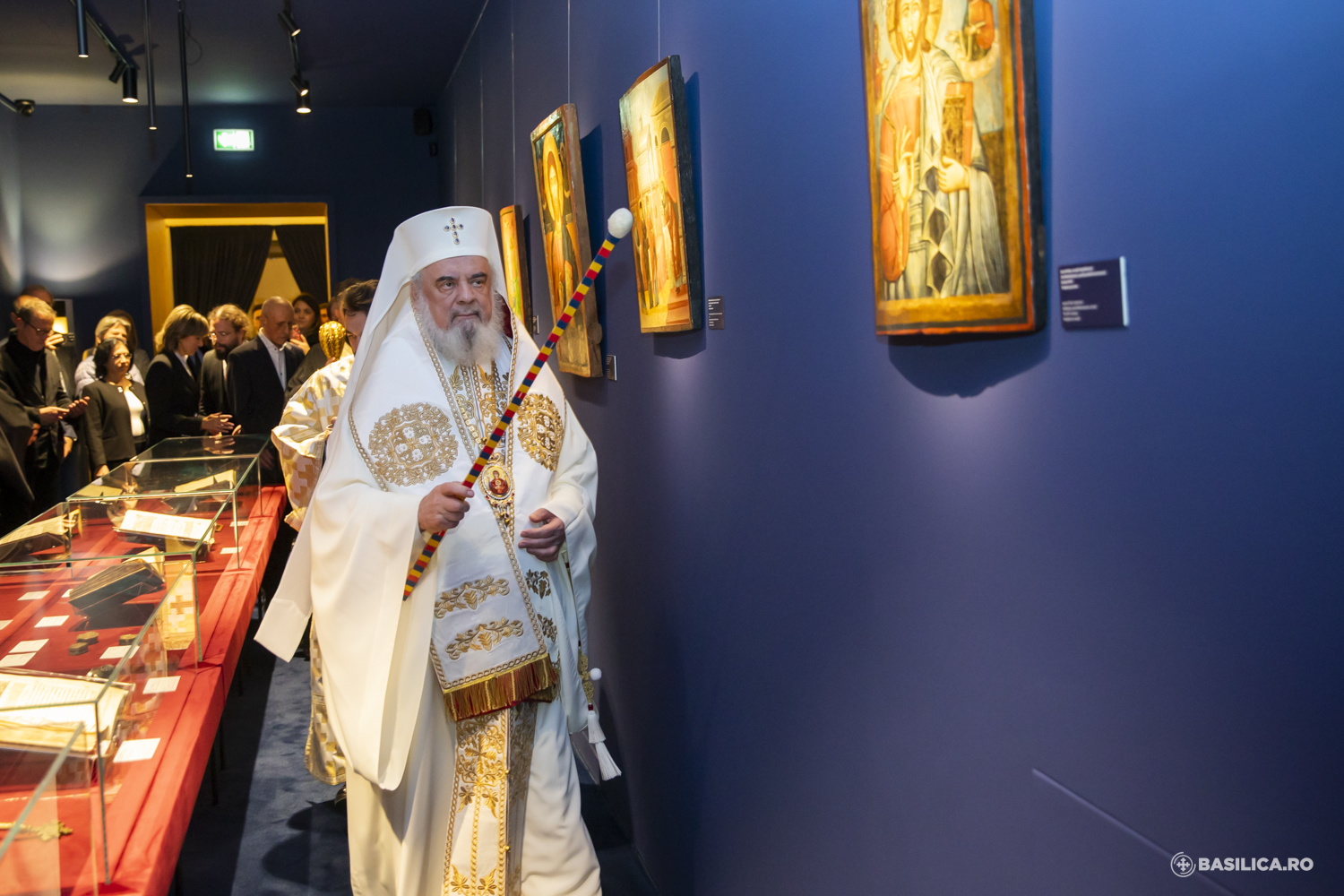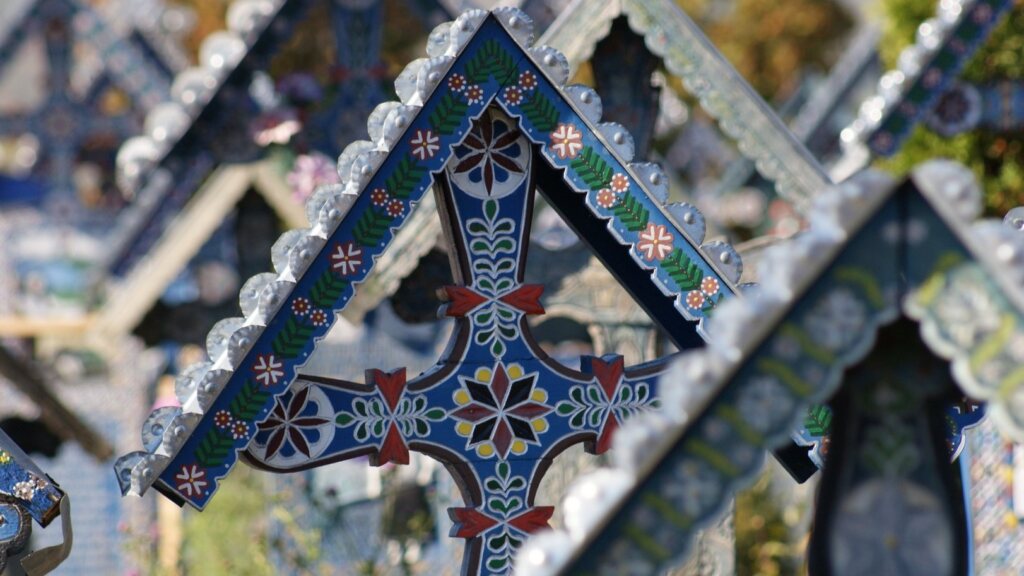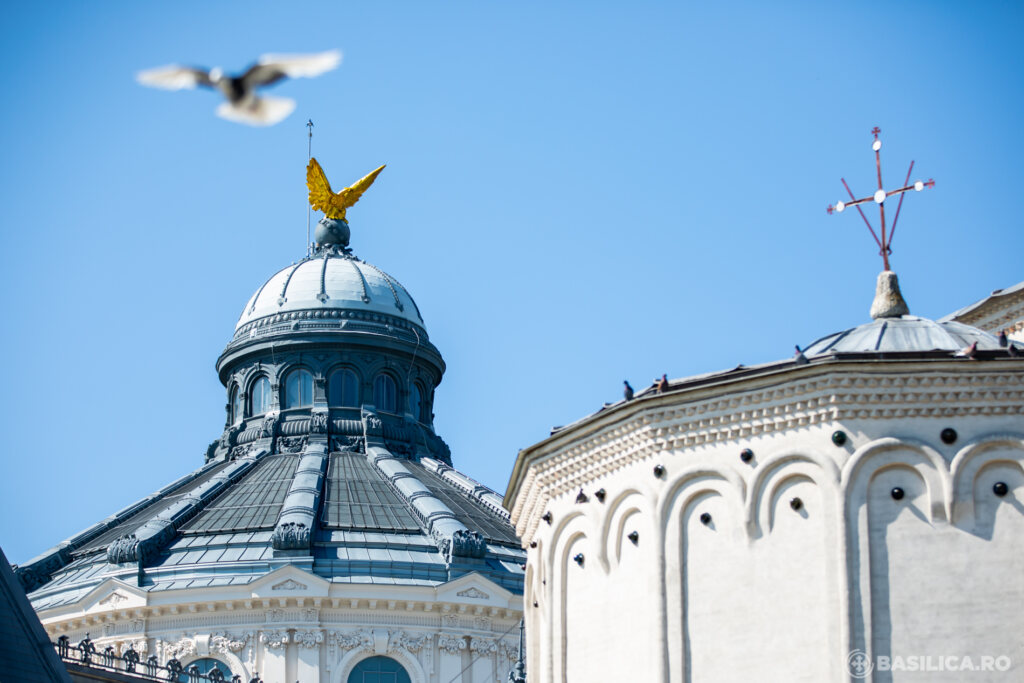Last week, His Beatitude Patriarch Daniel inaugurated a museum of ecclesiastical art at the Patriarchal Palace in Bucharest. The exhibits belong to a collection of Peter and Monica Maria Peterson.
The event was attended by patriarchal auxiliary bishops Varlaam of Ploiești and Paisie of Sinaia, patriarchal advisers, people of culture, as well as members of the “Tronos” Byzantine Choir led by Archd. Mihail Buca. The latter offered the liturgical responses at the blessing service officiated by Patriarch Daniel.
The Patriarch of Romania blessed the new museum space, as well as the exhibits from the private collection of Peter and Monica Maria Peterson, who offered them for display in the new museum area.
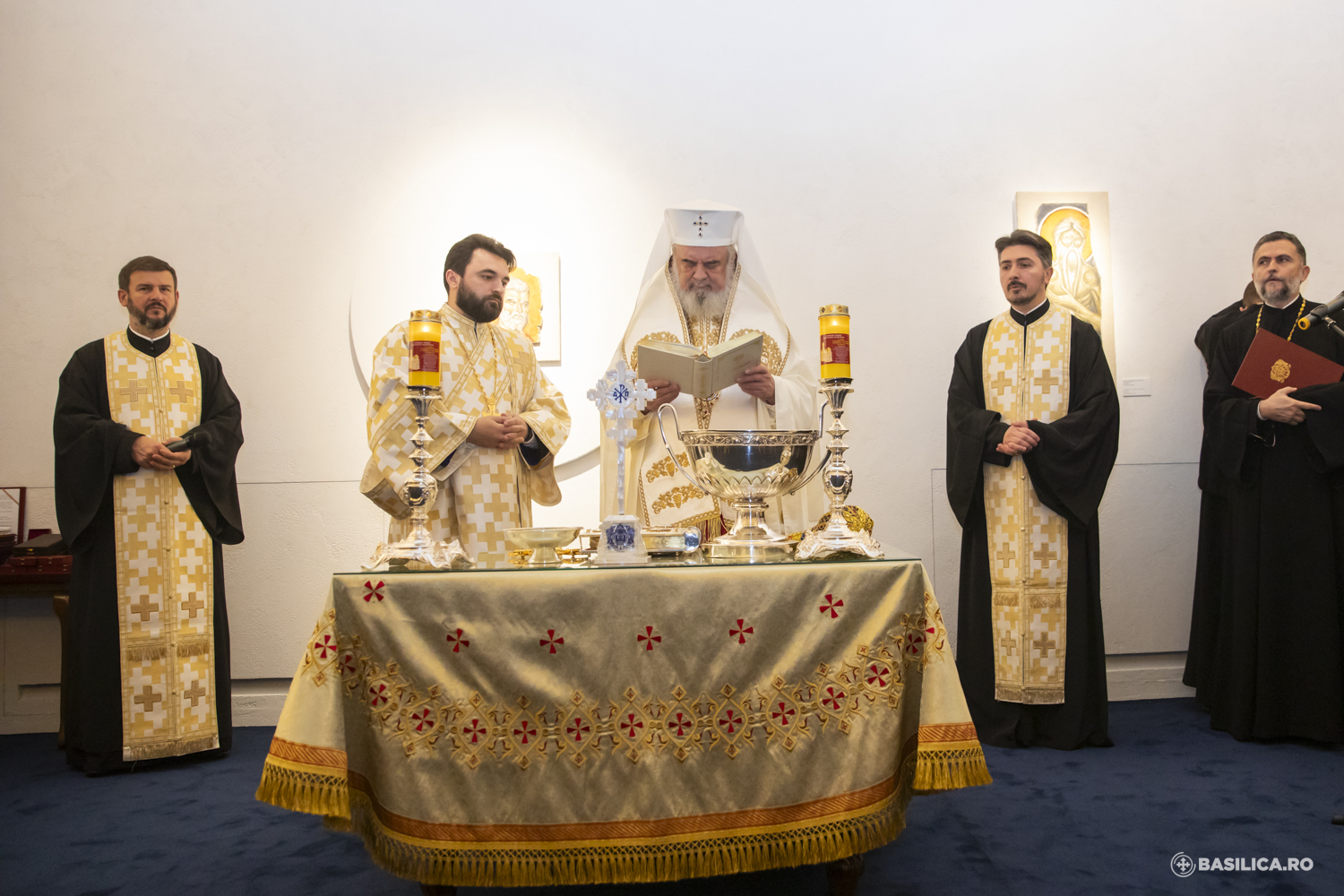
“The museum exhibition that we are inaugurating today in the Patriarchate’s Palace presents works created between the 15th and 19th centuries from different artistic genres: frescoes, icons on wood and glass, carved and polychrome wood, embroideries, goldsmith’s items, manuscripts, incunabula and old books,” explained Patriarch Daniel in his inaugural message after the consecration service on Nov. 16.
“The establishment of this collection of religious artworks, which very suggestively reflects the old Romanian art developed in all areas of the country during the medieval period, we owe to Mr Peter Peterson and his family, who wanted to make it available to clergy, pilgrims and researchers in a location of the Church, (Palace of the Romanian Patriarchate),” His Beatitude said.
“The present collection is the testimony of a deep understanding of the Romanian religious art of a man who, although he is German by origin, understood very deeply the Romanian Orthodox spirituality, choosing to receive the mystery of Holy Baptism and to assume the responsibility of an Orthodox spiritual life,” the Patriarch of Romania added.
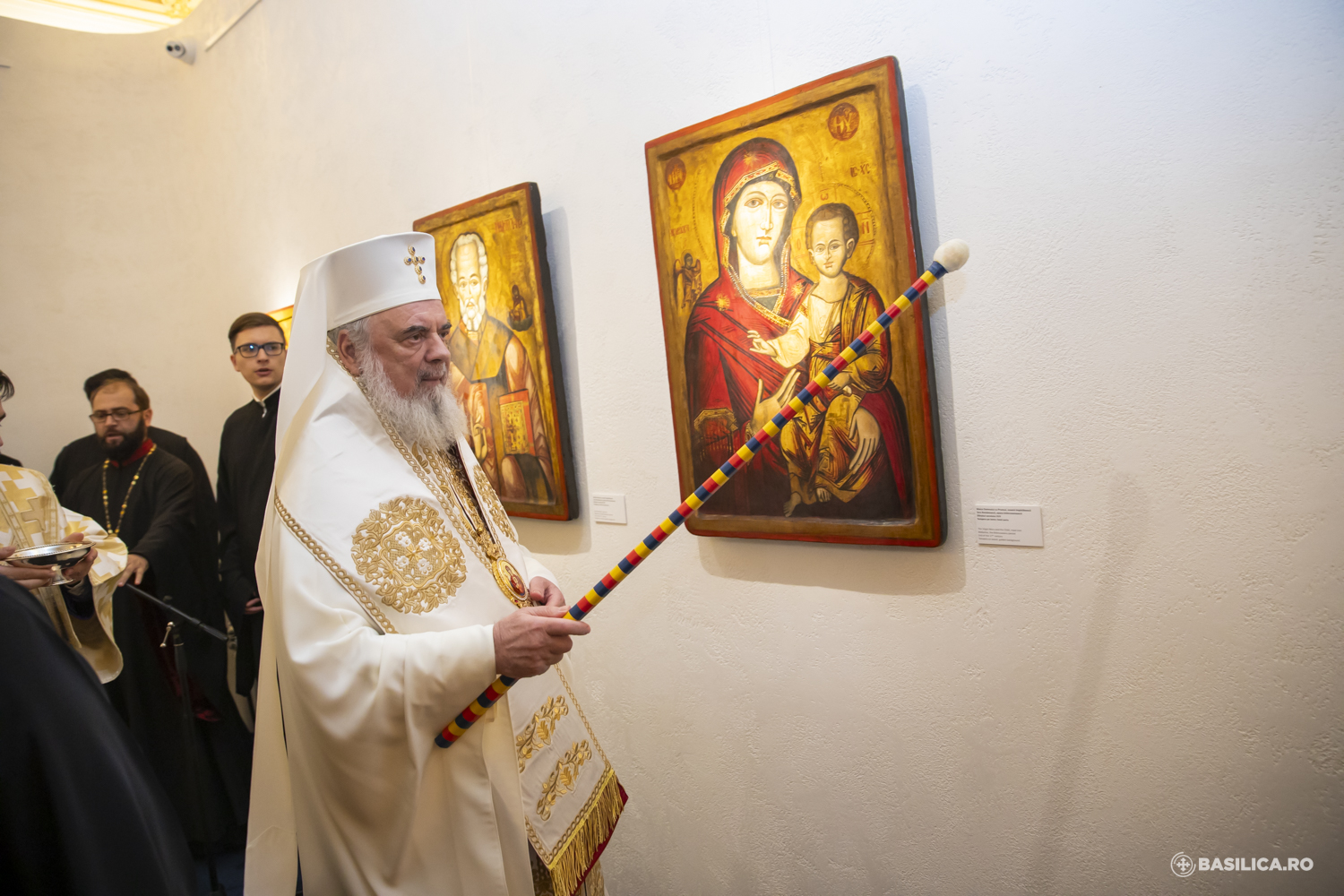
Patriarch Daniel recalled that “the icon urges a state of spiritual sobriety” and emphasized that the icons exhibited in museums “should not be treated only as objects of art, but should continue to be honoured with all piety because they were originally sanctified as liturgical objects and venerated in the church or at home.”
Gratitude for a dream come true
Collector Peter Peterson gave a speech in which he explained his approach, saying that exhibiting the collection represents an old dream of his.
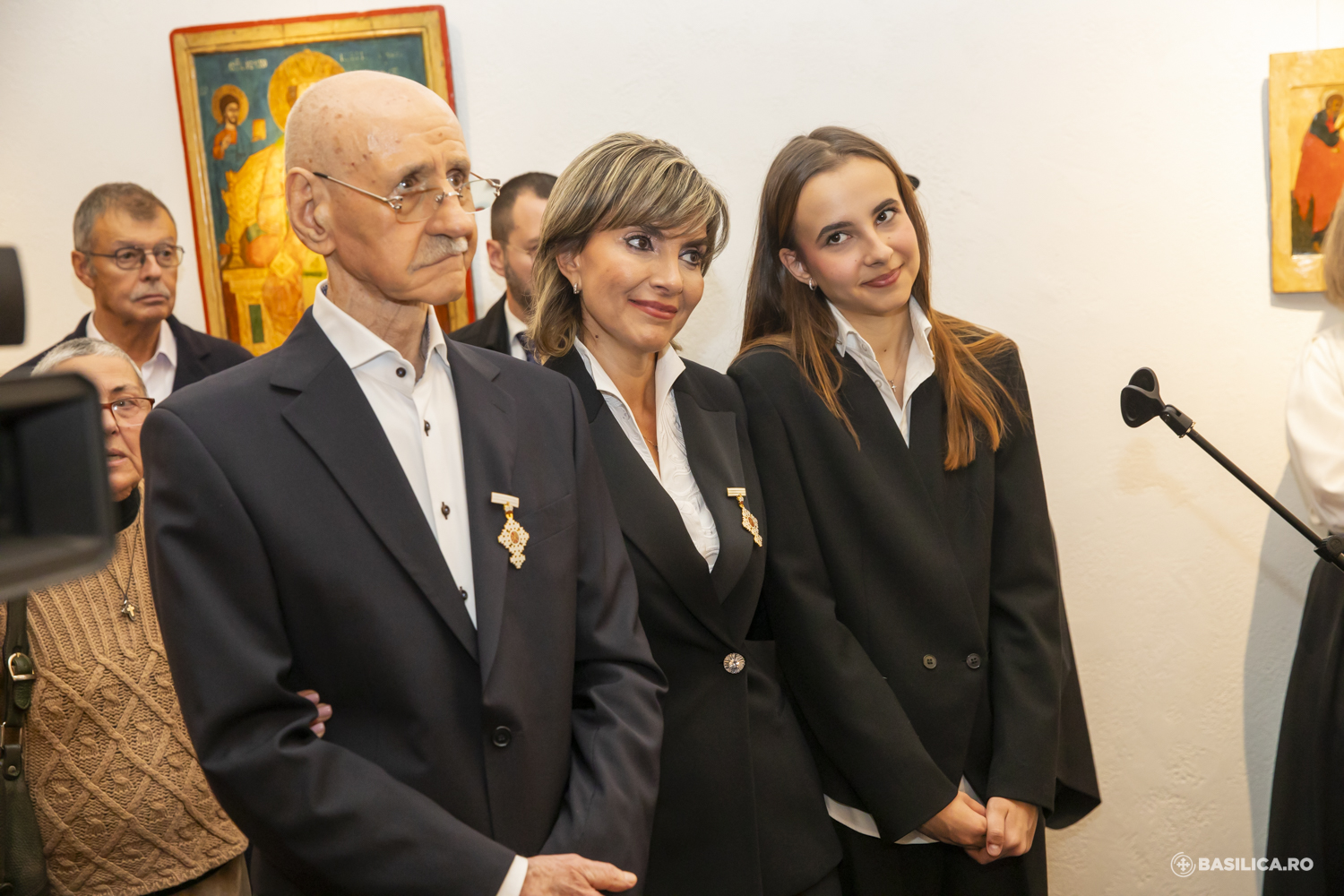
“Although I have lived most of my life outside the borders of Romania, travelling to many places, knowing many cultures and traditions, nowhere have I felt as good as in Romania,” he said.
“Here I founded a beautiful family, here I got to know the Good God through His wonderful work in my life, here I got to know the benefactions of the saints, and also here I made contact with Romanian art and spirituality, which I felt obliged to protect and present its beauty to the world.”
“Ancient Romanian art, which is mostly ecclesiastical art, tells us, through the portraits of saints beautifully painted in icons, about the perennial values of the Romanian people, faith in God being at the core of the concerns of this Orthodox people,” Peter Peterson noted.
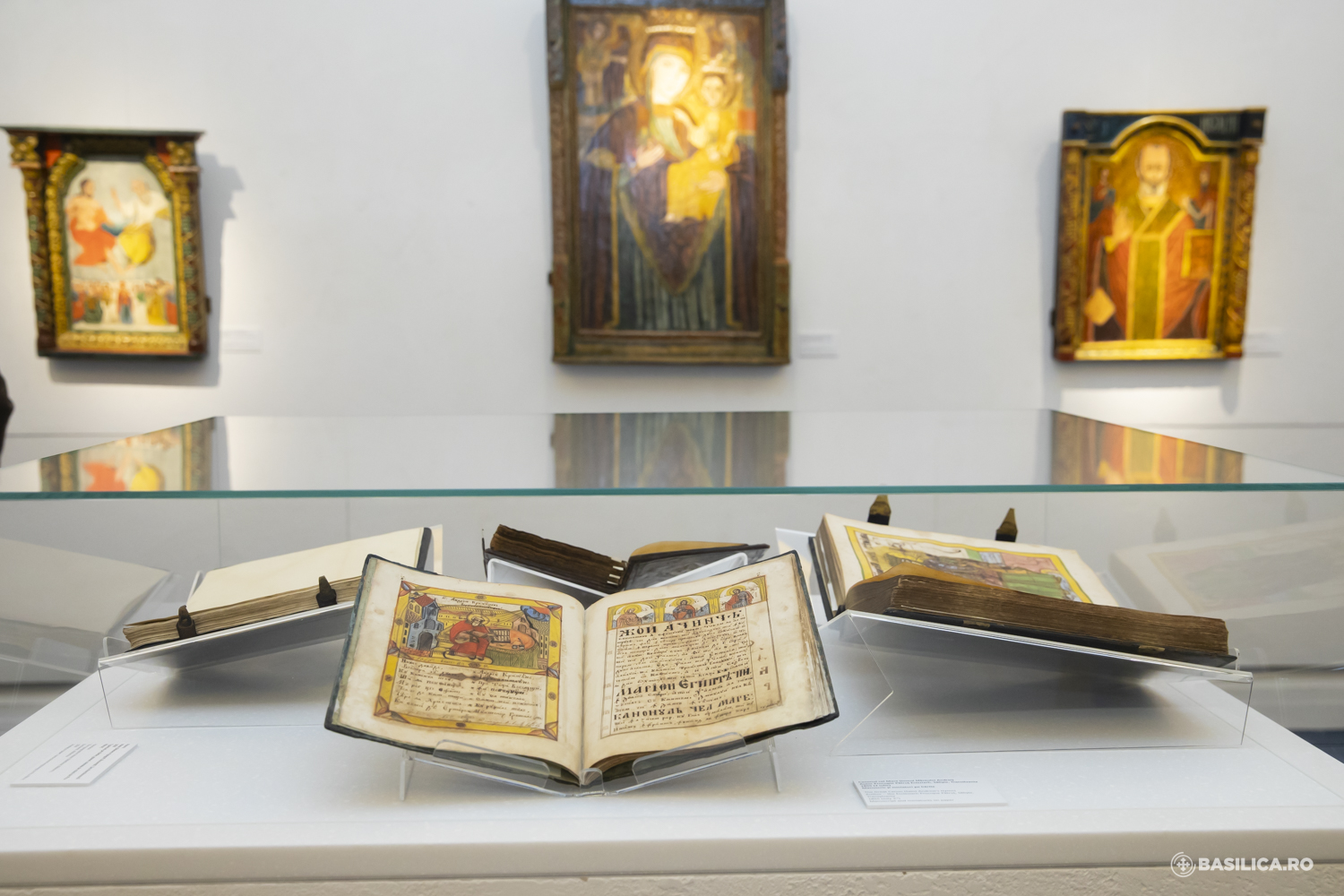
The collector thanked God, His Beatitude Patriarch Daniel, his collaborators and family, his spiritual fathers and everyone who assisted him in surmounting the obstacles posed by his illness.
“I feel honoured by your presence at the inauguration of this museum, and therefore, I want to thank you all for participating in this event, asking you to remember me in your prayers so that the Good Lord will give me health,” Peter Peterson added.
Awards for those involved in the project
The museum’s opening ended with an awards ceremony for those who set it up and the Peterson family, who provided the hundreds of pieces on display. The Peterson spouses received the Patriarchal Cross for lay people, the highest distinction of the Romanian Patriarchate.
Hundreds of items saved
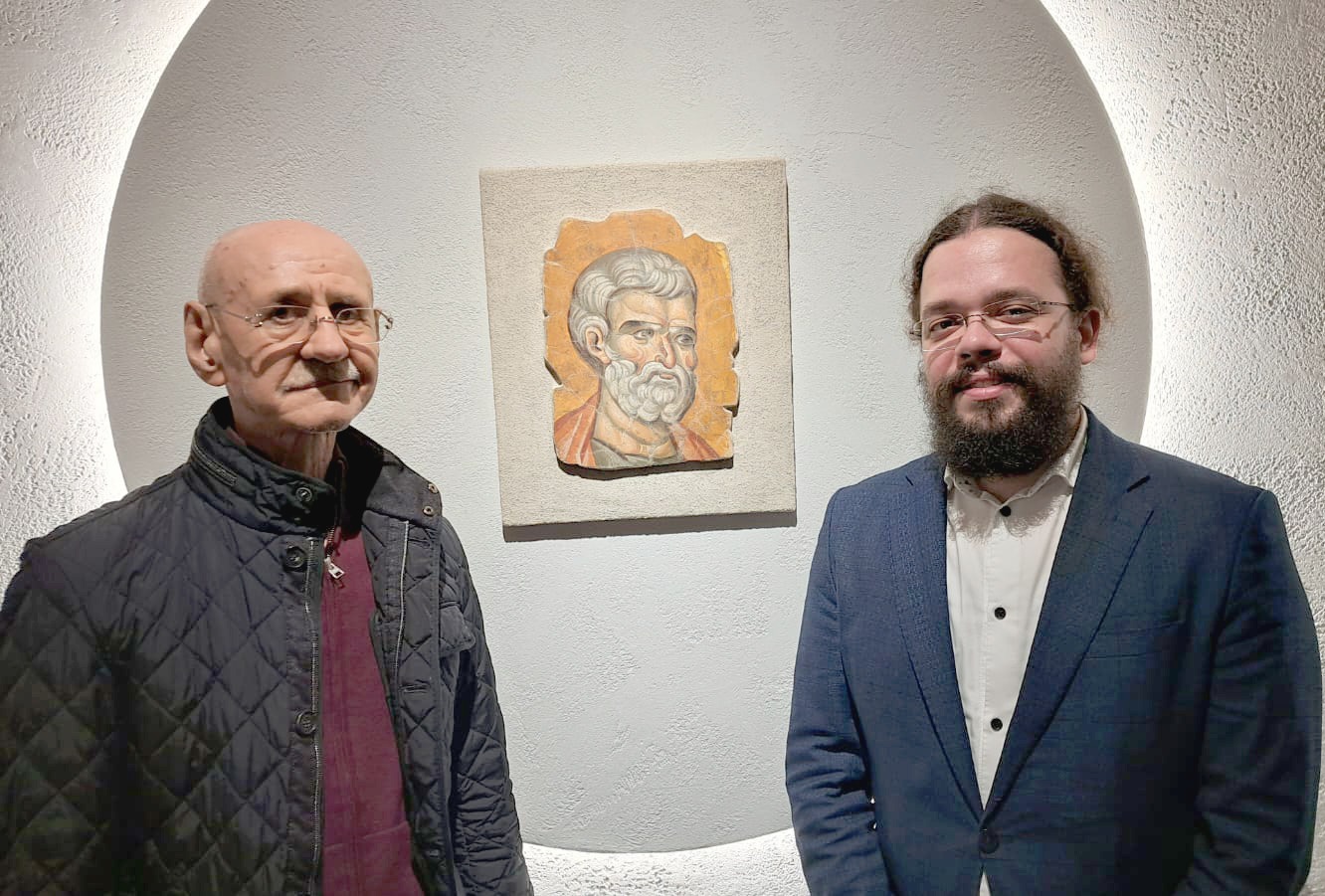
“The exhibition is very complex and covers somehow all the liturgical items used in worship. The most valuable items are shown in the first room. There we have a fresco of St. Peter from the 14th century and another fresco from the 16th century,” said Răzvan Mihai Clipici, director of the Culture subdepartment of the Culture, Painting and Restoration Sector of the Patriarchal Administration and organizer of the exhibition.
“I believe that Mr. Peterson saved all these pieces, acquiring them for his collection and now, in a very generous way, he offers them to the general public through the Romanian Patriarchate”, Răzvan Mihai Clipici said.
The collection includes numerous royal icons from the Brancovan and post-Brancovan era, as well as liturgical objects, including monuments of ancient Romanian literature such as the Cazania of Saint Barlaam of Moldavia (Iasi, 1643), the New Testament of Balgrad (1648), or the Bible of Șerban Cantacuzino (Bucharest, 1688).
Photography courtesy of Basilica.ro / Mircea Florescu
Follow us on Twitter: @BasilicaNews
